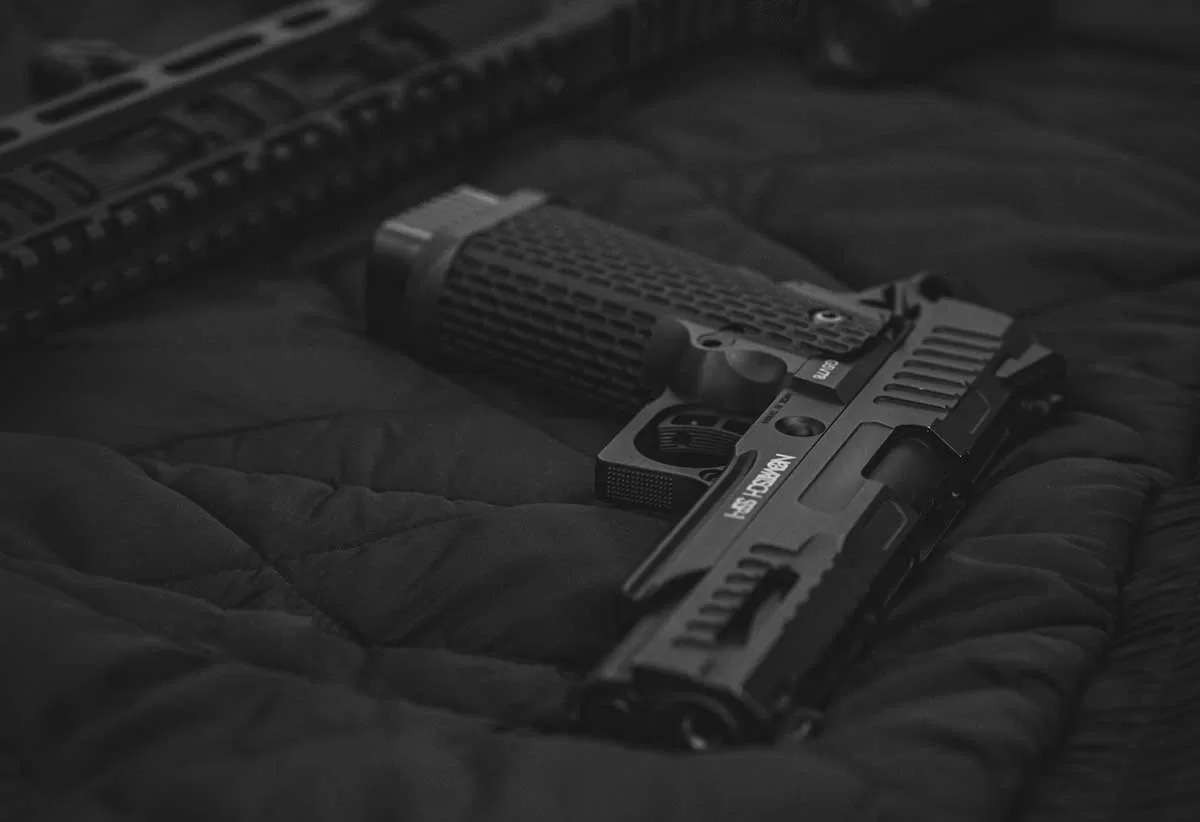As this issue of poverty continues within Mexican populations without solutions coming from its government, the dilemma of working in this illegal industry is faced by citizens, however, sometimes there is not even a choice, leading to drug cartels being the only option to obtain a source of income. Joaquin El Chapo Guzman, a key actor in the drug cartel side once said “Unfortunately, where I grew up there was no other way and there still isn’t a way to survive. No other way to work in our economy to be able to make a living.” (Channel 4 News, 2016)
Along with the escalation of drug distribution, the Mexican government had to step in to address the issue of drug prevention and outlawing them because they are dangerous and illegal. However, as the number of drug cartels grew, the US decided that it was necessary to take matters into its own hands and began providing cash and assistance to the Mexican government so that it could fight the cartels militarily.
This essay utilizes the social constructivism framework to examine the norms, values, and perceptions around IHL laws concerning the drug war. Specifically, it seeks to determine if the conflict, which is being overseen by the Mexican government and funded by US dollars, and whether they or the drug cartels violate existing IHL standards. The Geneva Convention IV is also used to analyse how IHL protects civilians from any type of humane treatment that cause violence and need access to medical care respecting human rights.
Main Argument
Dilemmas in classifying the Mexican drug war from a global scale
The Mexican drug war mainly happened domestically, with the actors involved in armed conflicts being the drug cartels and the military army coming from the Mexican government. However, the drug war is funded by the US government due to the impact of drug distribution felt across the continent, in addition to that, the US also declared “War on Drugs”, stated by former US President Richard Nixon. This poses a question on whether this conflict is classified as international or non-international.
To analyse this dilemma, it is important to note that the United Nations Office on Drugs and Crime (UNODC) is an international organization that provides technical assistance, capacity building, policy guidance, and resources to strengthen law enforcement, border control, drug prevention, and drug treatment which involves itself in programs used to combat drug trafficking in the Mexican drug war.
Thus, from an international lens, the Mexican drug is as an International Armed Conflict (IAC) due to the involvement of other nations and institutions in this conflict. IHL plays a crucial part in this situation by aiding in the classification of the war as an IAC, further differentiating between combatants and civilians, and assessing the laws or fines imposed on those who breach IHL, which includes both the spread of drugs and armed violence.
Apart from the function of IHL facilitating the classification of conflicts, IHL also uses sources from conventions that deal with armed conflicts. In the Mexican drug war, the Geneva Convention IV addresses the protection of civilians in international armed conflicts and offers critical standards and frameworks to protect civilians. These civilians are innocent Mexican citizens caught in the crossfire, who suffer from injuries and to prevent further violence.
IHL’s recognition of social constructs and norms in the drug war
Social constructivism helps in understanding shared norms that shape behaviour, in the Mexican drug war, a significant aspect is social norms and beliefs regarding drug use, trafficking, and violence. The interactions that happen between various actors in this drug war are also highlighted by this theory.
IHL creates norms that restrict excessive violence during armed conflicts, acknowledging that such norms can contribute to the acceptance or amplification of violence. Social constructions are dynamic and subject to change over time. In situations where drug-related violence is a factor, IHL strives to uphold legal frameworks, promote humanitarian ideals, hold violators accountable, and adjust to shifting societal dynamics and perceptions in order to affect behaviours and attitudes throughout armed conflicts.
Part of social aspects that are acknowledged within social constructivism in the Mexican drug war are in the context of historical socioeconomic, which consider how poverty and economic disparities have shifted the social construct around the necessity of drug production in Mexico as its practice of trade and distribution becomes a means of livelihood in marginalized communities.
Conclusion
The Mexican drug war has complicated historical and social roots that are closely related to poverty, income inequality, and society norms. IHL distinguishes between combatants and civilians, safeguarding the latter, while navigating the classification of the conflict, which involves different parties. In IAC, civilians are protected under the Geneva Convention IV under IHL, which provides essential guidelines to shield defenceless individuals trapped in conflict. Moreover, social constructivism highlights how societal norms surrounding drug use, trafficking, and violence impact activities in the drug war and sheds light on how these norms shape behaviour. The rules that IHL established to limit excessive violence during conflict are in line with changing societal dynamics. Acknowledging the historical socio-economic backdrop is critical in resolving the humanitarian concerns surrounding the drug war, as poverty frequently fuels drug-related livelihoods in marginalized groups.
